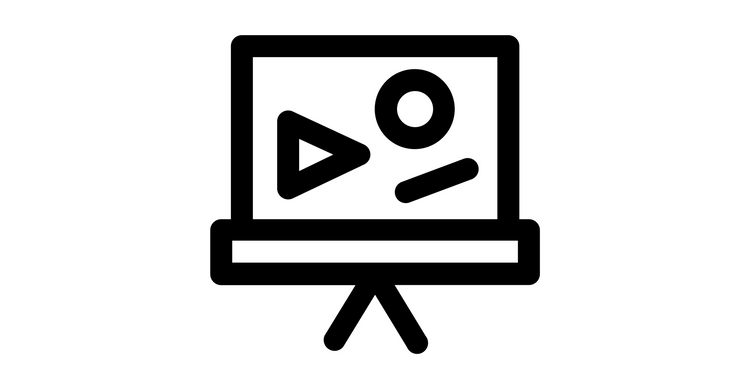Newsletter #4: Let's Improve Logseq Together
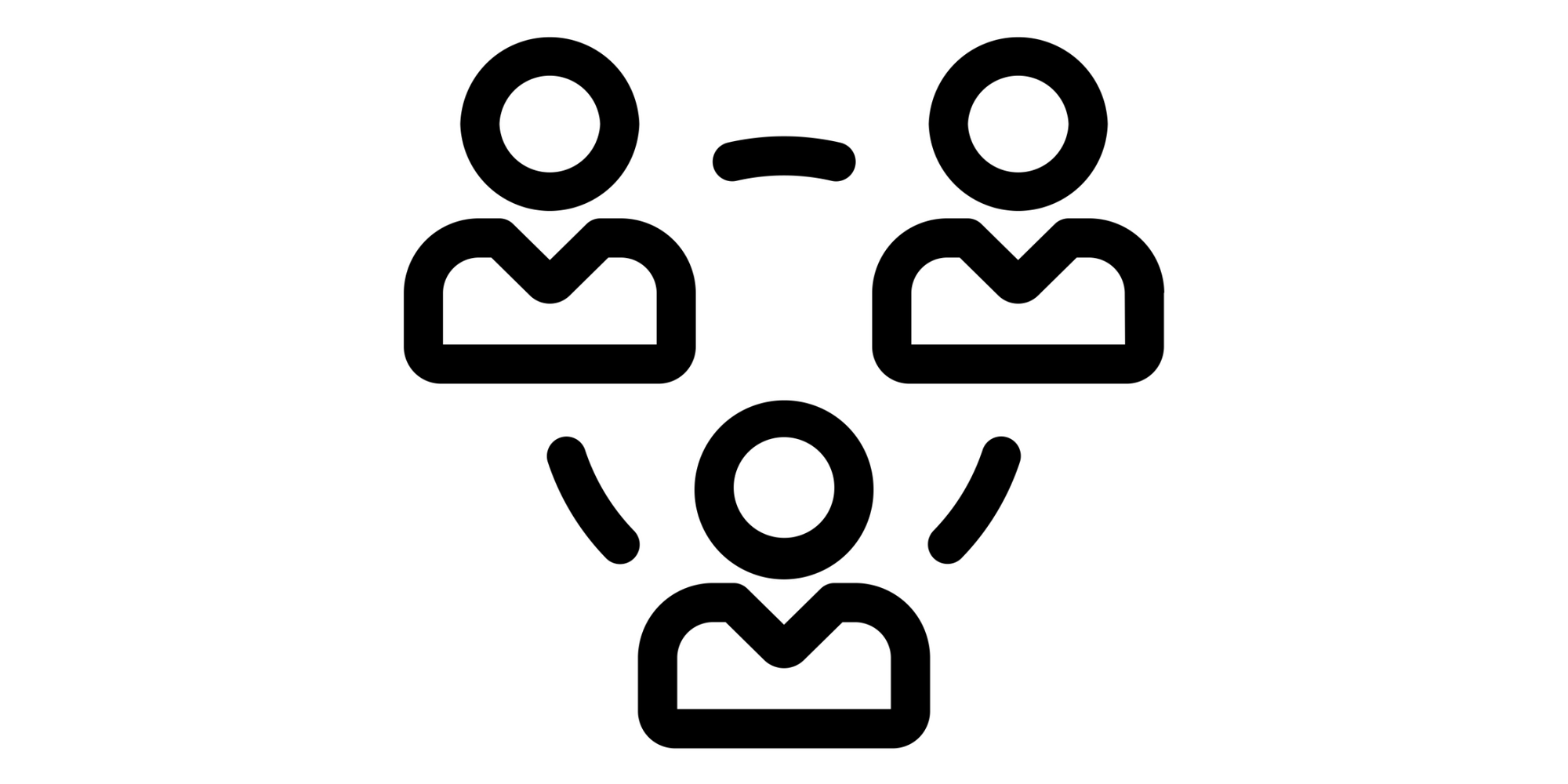
Dear Logseqers,
How has your second brain been treating you this week? We hope that Logseq continues to wow you with its usefulness and enables you to think better.
This edition is a bit heavier on the announcements side. We're starting several initiatives to get more feedback from you, the community, and shape Logseq in a way that it's most useful for you. Keep reading to see how you can help us to help you.
More interested in the resources? Scroll towards the end of this newsletter for the gems that we dug up for you this week.
Logseq Town Hall
Logseq is a free and open source project, which means that you have a voice in how it's shaped. Not only do we invite everyone to give feedback on the product, we also welcome and support everyone who wants to directly contribute code or content.
On Wednesday, June 8th, we're hosting a public town hall meeting. Bring your questions and suggestions so we can make this a learning event for everyone who is building Logseq. We want to hear how we can improve both the product and the community processes around it. Do you think that asking for new plugins or reporting bugs is a hassle? We want to hear from you how to make your life easier!
Click here to ask questions, suggest improvements, and get a reminder when the Town Hall starts.
New in Logseq for iOS
This week there's been no release to the core Logseq app as we continue to squash bugs and improve performance. But late last week, the new version of the Logseq Mobile app for iOS landed in the App Store. These are the most important changes.
🔗 Deep link support
Since a few releases, it's possible to create an external link to a page or block within Logseq. This enables you to link from other apps directly to content within your graph. Now, these deep links also work on iOS:
📆 Date and timestamp button
If you use the journals page a lot, you probably create lots of date links. We've now added a button in the mobile toolbar to easily add date links relative to today's date, or to quickly insert the current time:
Let us learn from your workflows
From student to academic and project manager to developer; all kinds of users are hooked on Logseq for its usefulness. But what are the most common Logseq user types and workflows? That's what we're trying to find out.
To better serve you, we're organizing private calls with community members. We want see how you use Logseq and where we should improve the tool.
Ready to rant for half an hour about how you use Logseq? Reply to this email and tell us in a few lines what you'd like to show us. We'll try to book a call with you as soon as possible!
Share your plugin development knowledge
In the spirit of working with the Logseq community, we've open-sourced the documentation for the plugin API. Some pages already have explanations and examples, but we call on every Logseq plugin developer to help us improve these docs.
You can find the plugin API documentation and instructions on how to contribute here.
What's your Integrated Thinking Environment?
If you're a serious knowledge worker, having all of your information at hand is crucial. Dario from OneStutteringMind talks on the Logseq blog about the need for having an Integrated Thinking Environment.
If you manage a lot of information, Logseq can help you with many different parts of your workflow. Start becoming a more creative thinker, today 👇
Read Logseq and the Rise of the Integrated Thinking Environment.
Goodies from the community
🚀 Logseq starter pack
New to Logseq or looking to boost your workflows? Look no further than Yurii Piskun's starter pack for Logseq. In it, he combines useful templates, queries, and dashboards to help you drive more workflows with Logseq.
📆 Daily notes as a frictionless default input
We always recommend new users to use the Journals page first and foremost. But what opportunities does this daily page give us, and what are the potential downsides? In this article, Maggie Appleton looks at why you'll want to adopt the practice of writing on your Journals page.
🤔 Rethinking the potential of the daily note
Logseq's Journal page is the perfect place to offload your thinking. But did you know that it can also help you with improving your memory? In this article, Mark McElroy has a look at how organizing your notes chronologically can help with retention.
🔁 Logseq sync with Git and GitHub
One of the most secure ways to sync your Logseq graph across devices is by using Git. Not only will you have more control over what data to sync, you'll also get built-in version control. In this video, Logseq community member David Allen shows how to set up sync with Git and GitHub.
Are you more a fan of written instructions? Check out the tutorial that David based his video on: Logseq to GitHub 101.
Only follow these steps if you feel comfortable with the command line!
📝 How Bryan Jenks uses Logseq for his dev log and technical notes
Now that you've set up Logseq and can use it on all of your devices, let's start building skills with it! In this extensive video, IT specialist Bryan Jenks showcases how he's set up Logseq and uses it to upskill through his daily note-taking practice.

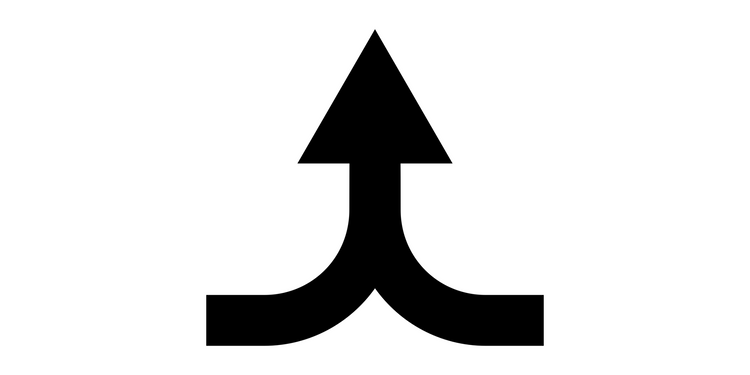
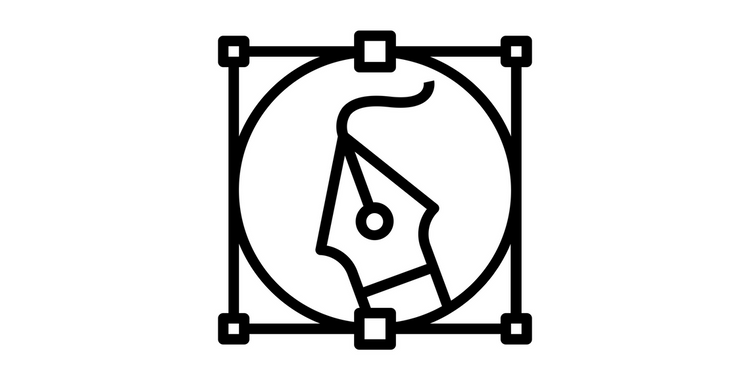
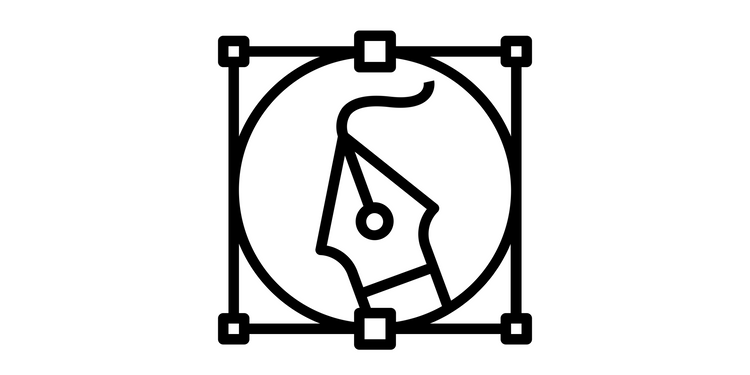
![Whiteboards and Live Queries for Everybody! [0.9.1 Update]](/content/images/size/w750/2023/03/live-query-whiteboards-announcement-featured.png)
